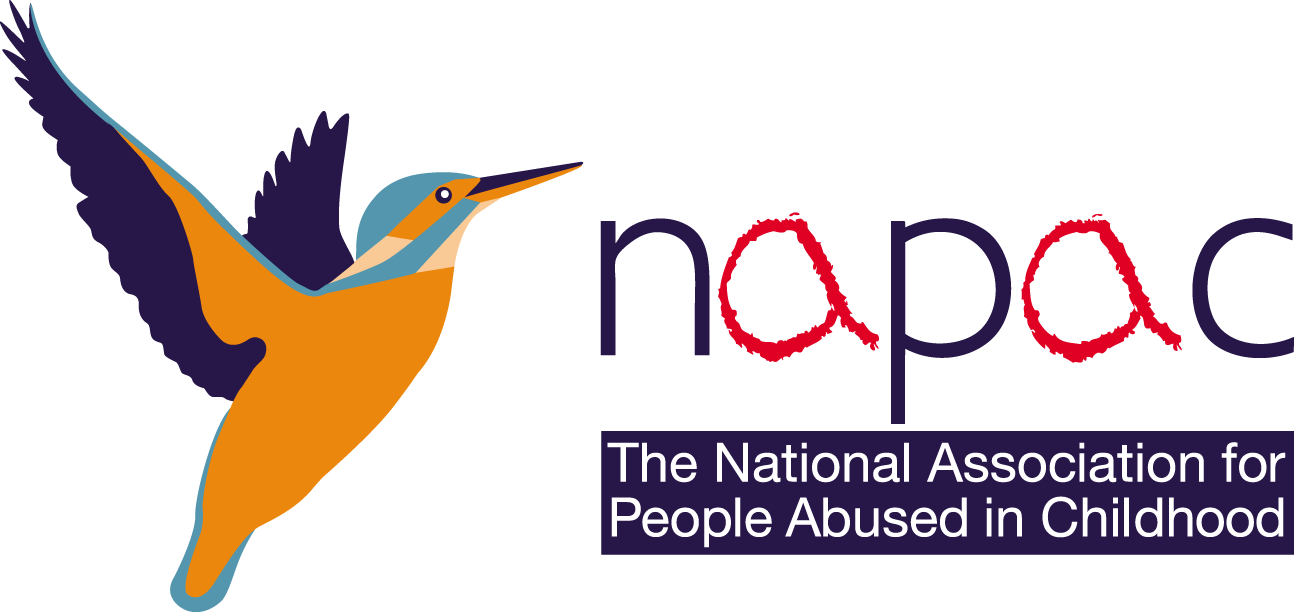Overview
The ‘Rape survivors and the Criminal Justice System’ report by the Victims’ Commissioner has been published today, Tuesday 20 October 2020. The report asked survivors of rape about their experiences with police and the criminal justice system.
“Survivors want to be treated sensitively, fairly, respectfully, to be believed, but also for criminal justice system professionals to better understand trauma, provide clear and timely information, and to offer better access to support services. And on all of these fronts, the justice system has been found wanting.”
Dame Vera Baird, QC, Victims’ Commissioner
The importance of feeling believed is an overarching theme across the research
Not being believed was the most important reason survivors gave for not reporting their rape to the police. They were concerned about being treated unfairly and further victimised. Their fears included societal rape myths – that they were somehow complicit if they had drunk alcohol prior to being raped or knew their rapist.
Survivors were also concerned about negative impacts on their mental health, and on their family and wider support networks. These concerns unfortunately came true for many respondents who spoke about their experience of poor communication, delays to their cases, and a lack of suitable professional support.
Whilst overall only 14% of respondents agree that ‘survivor of rape and sexual offences get justice by reporting an incident to the police’, there are signs of improvement. Those who had reported to the police more recently were more likely to have positive views of the criminal justice system.
Trauma-informed approaches and specialist support
NAPAC has been a long-standing advocate of trauma-informed care and appropriate support at the right time for survivors. One key section in the report was the ways that survivors suggested professionals in the criminal justice system could help improve services. Survivors asked that police officers and other professionals take a trauma-informed approach, understand the signs of trauma and better understand post-traumatic stress disorder.
Independent Sexual Violence Advisers (ISVAs) and other specialist voluntary support were praised by survivors. Appropriate support makes a huge different to survivors and to the criminal justice system; survivors with an ISVA or similar support were twice as likely to continue their case.
Gabrielle Shaw, NAPAC’s Chief Executive, welcomed this report and the work of the Victims’ Commissioner, research team and particularly the respondents who spoke about their experiences:
“There are some challenging findings in this report, but we have long known that the criminal justice system is not responsive for many victims of abuse and sexual violence. Here, survivors have articulated what they need, and there are practical things individual officers and professional teams can do to make a difference, and that’s a really positive way forward.”
Click here to read more about the Victims Commissioner survey
